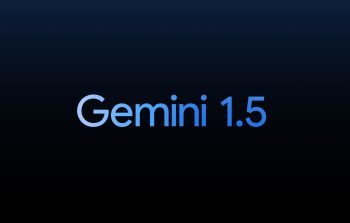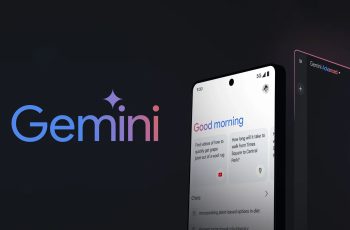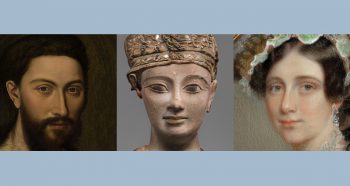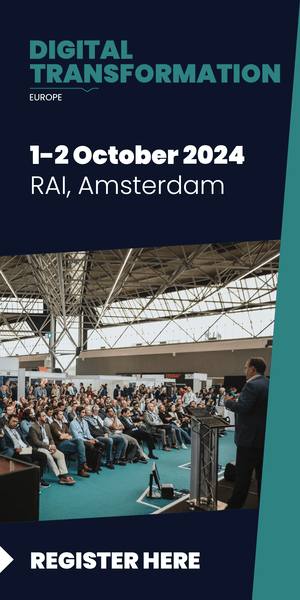Google launches Gemini 1.5 with ‘experimental’ 1M token context
Google has unveiled its latest AI model, Gemini 1.5, which features what the company calls an "experimental" one million token context window.
The new capability allows Gemini 1.5 to process extremely long text passages – up to one million characters – to understand context and meaning. This dwarfs previous AI systems like Claude 2.1 and GPT-4 Turbo, which max out at 200,000 and 128,000 tokens respectively:
“Gemini 1.5 Pro achieves near-perfect recall on...















